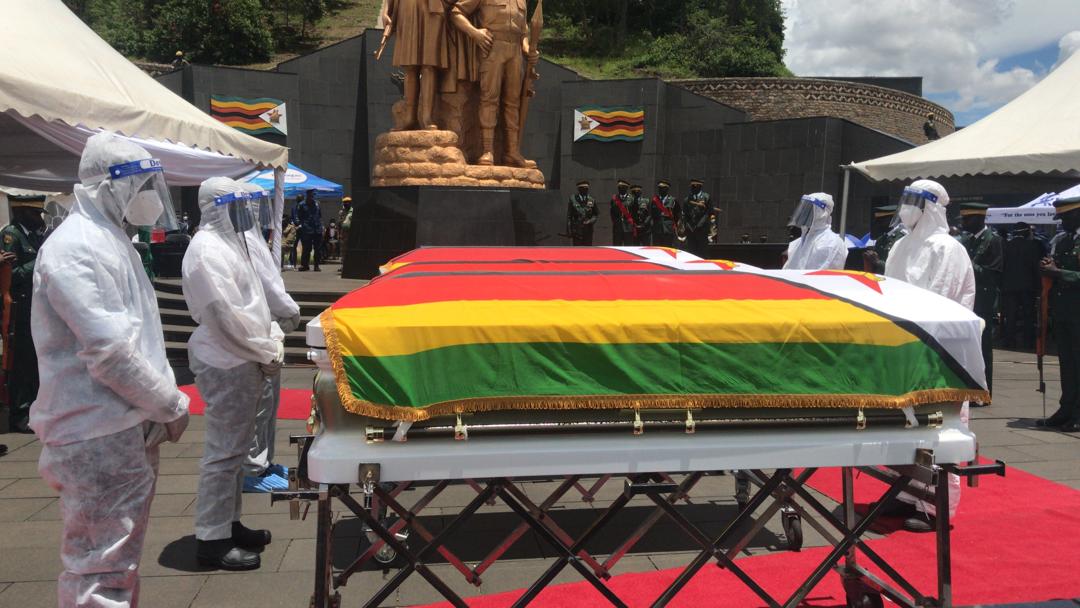UNESCO, UNOPS collaborate to build resilience in Chipinge, Chimanimani
Share

Harare, (New Ziana) –The United Nations Educational, Scientific and Cultural Organisation and the UN Office for Project Services on Friday signed an agreement to collaborate in implementing projects to build resilience against disasters in Chimanimani and Chipinge districts as part of the four year US$72 million Zimbabwe Idai Recovery Project (ZIRP).
Two years ago, Cyclone Idai ravaged Zimbabwe, as well as Mozambique and Malawi leaving a trail of deaths and housing and infrastructure destruction estimated at over US$770 million.
As part of efforts to build resilience in Chimanimani and Chipinge, two districts that were hardest hit by the extreme weather event, the two UN agencies will work together in implementing projects that are aimed at reducing future vulnerability of the communities through improving early warning and flood monitoring systems as well as enhancing their water resource and ecosystem services management
The two organisations will also assist each other in identifying critical locations for resilience work in the two districts.
“We continue our efforts to support disaster risk reduction in Zimbabwe. This project aims to reduce the vulnerability of communities in Chimanimani and Chipinge districts to natural disasters like floods, droughts, landslides,” said UNESCO regional director for Southern Africa, Professor Hubert Gijzen.
“The project will contribute to ensure the two districts are better prepared for future extreme water related events and also to shift towards more proactive disaster risk management.”
Gijzen said it was imperative for both the UN and the Southern African region to move towards being proactive in managing disasters as this was more cost effective than taking action in the
aftermath of disasters.
The Meteorological Services Department will also be a key player in the initiative.
UNOPS country manager Djibrilla Mazin lauded the collaboration with UNESCO under ZIRP as key to strengthening their activities in support of the two districts.
“Bringing UNESCO on board onto the ZIRP programme is very timely, although we could have done that earlier. We are happy that this collaboration has started.”
He said other UN agencies among them the World Food Programme, United Nations Population Fund and UNICEF were already involved in a variety of programmes to assist the communities in the two districts.
“Through this type of collaboration and understanding of each other’s expertise, we can have a stronger impact,” he said.
New Ziana







